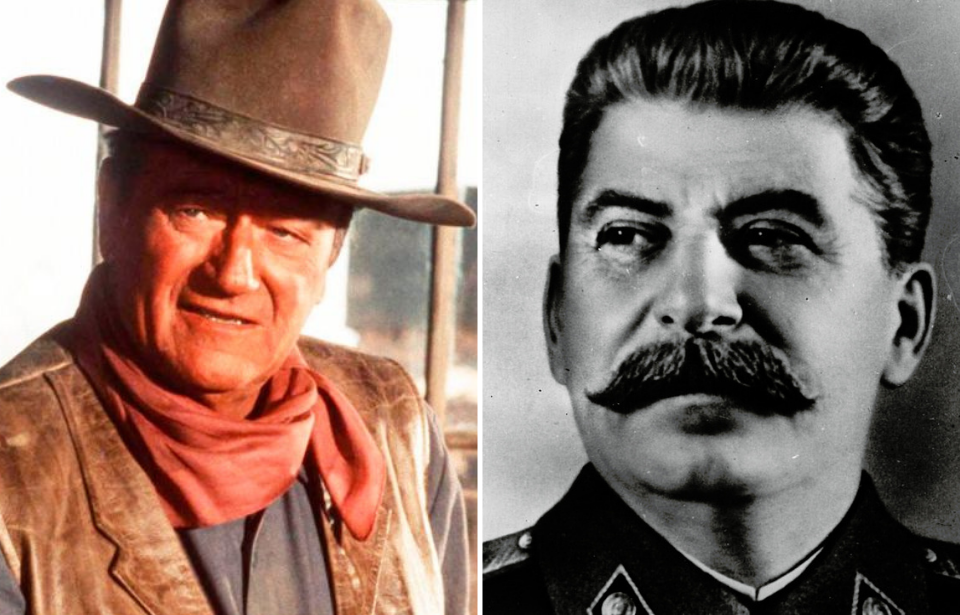Everyone loves a good American Western, including Joseph Stalin. The Soviet dictator was a fan of the genre, but wasn’t too fond of its biggest star: John Wayne. It’s alleged the actor’s anti-Communist sentiments led Stalin to issue a hit on him. However, are these claims true or the creation of one of Hollywood’s biggest stars?
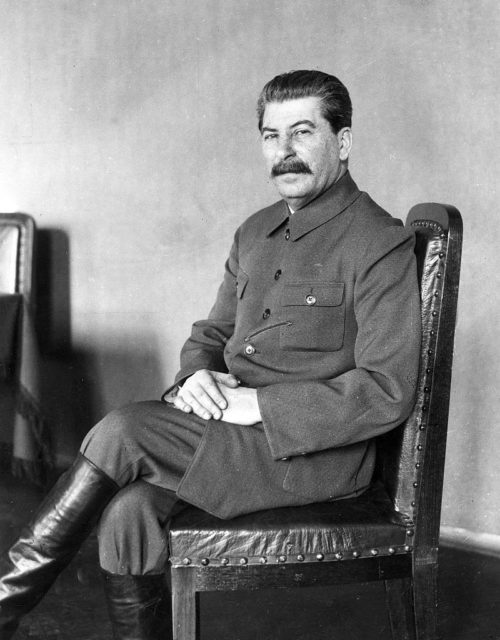
In the late 1940s, many countries feared the global spread of Communism. This included the United States, where it was feared people were secretly supportive of the USSR and its Communist regime. John Wayne was vocal about his dislike of Communism, a rarity in Hollywood, as many in the entertainment industry had secret ties or sympathies.
Stalin learned of Wayne’s popularity from Soviet filmmaker Sergei Gerasimov, who’d attended a peace conference in New York City in 1949. He worried Wayne’s prominence would pose a real threat to his mission, and it’s alleged he ordered to have the actor assassinated by the KGB.
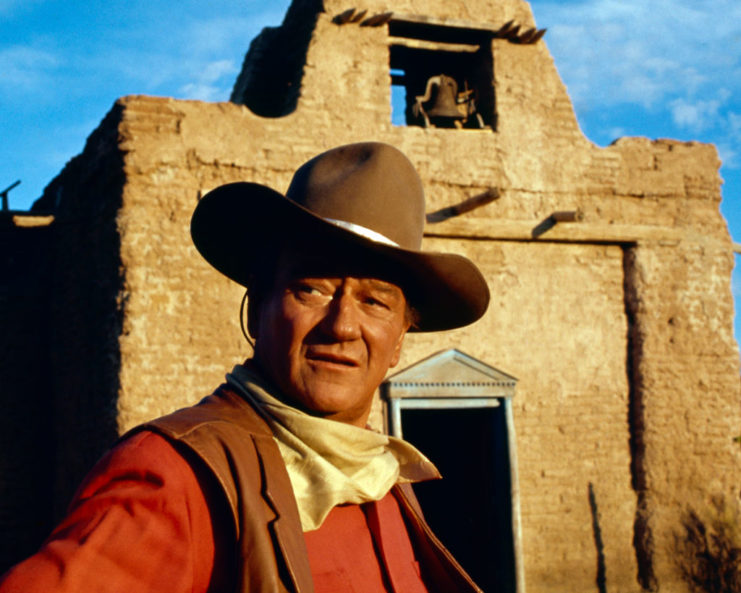
According to Michael Munn, film historian and author of John Wayne – The Man Behind The Myth, Wayne caught wind of the assassination plot, which was set to occur at his Hollywood office. When the two hitmen arrived, they were met by hidden FBI agents, who handed the pair over to Wayne and scriptwriter Jimmy Grant.
It’s alleged the pair took them to the beach and staged a mock execution, after which they told the FBI to send them back to the USSR. The pair, fearing retribution back home, pleaded to remain in the US and became FBI informants.
There were other incidents, as well. Munn alleges additional KGB agents were sent to the set of Hondo to take out Wayne following his appearance in the anti-Communist movie Big Jim McClain, while a sniper captured in Vietnam claimed to have been hired by Chinese Chairman Mao to kill Wayne while he was visiting troops in 1966.
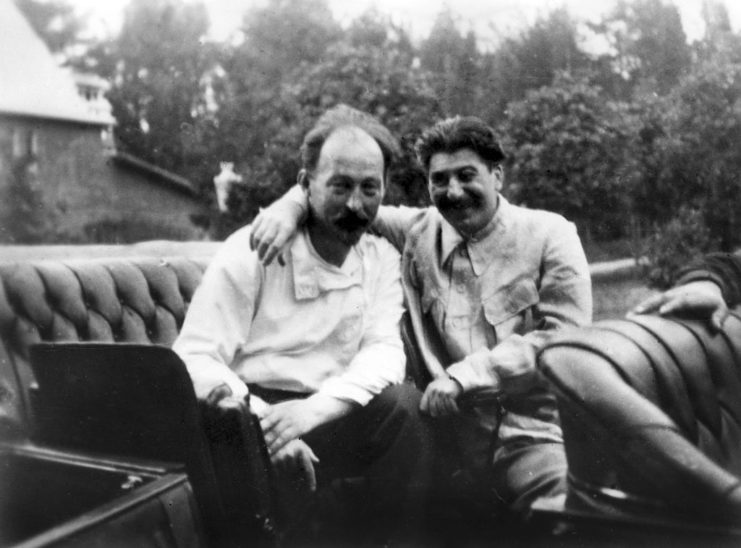
Through it all, Wayne is said to have declined any protection from the FBI, opting instead to move into a house with a large wall surrounding it. He also had Hollywood stuntmen infiltrate communist cells to expose any plots against him. This is alleged to have revealed a potential plot in 1955.
Following Stalin’s death in 1953, his successor, Nikita Khrushchev, reached out to Wayne to issue an apology and inform him the order for his death had been rescinded.
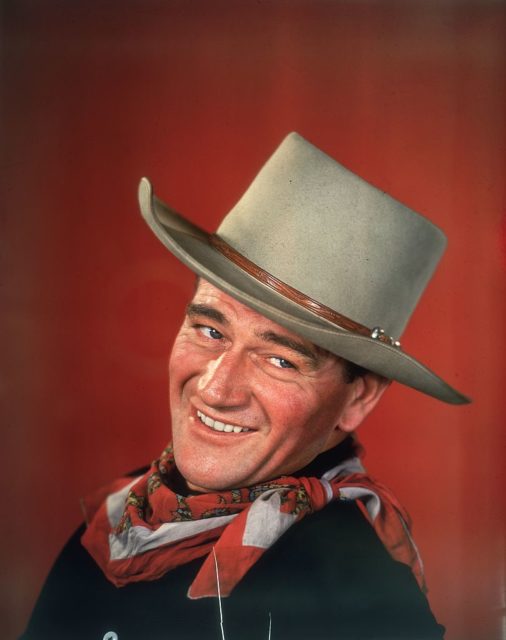
The question is: where did Munn obtain this information, since Wayne never spoke publicly about the assassination attempts? He alleges actor and director Orson Welles told him at a dinner party in 1983. Welles claimed to have heard the story from prominent Russian filmmaker Sergei Bondachuk, who’d had the information confirmed by Gerasimov and fellow filmmaker Alexei Kapler.
He also claimed Wayne personally told him that stuntman Yakima Cannutt “saved his life once,” likely in the early 1950s, and that Cannutt himself said the FBI confronted Wayne upon learning about the plot. “He said the FBI had come to tell John about the plot,” said Munn. “John told the FBI to let the men show up and he would deal with them.”
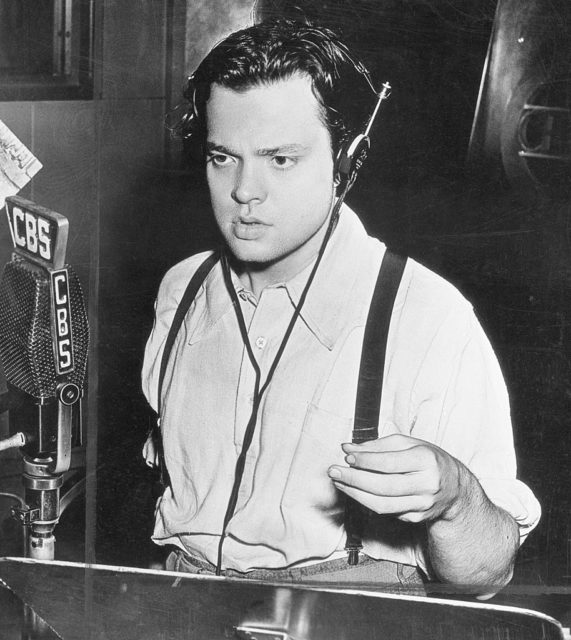
There are many who doubt Stalin ever sent KGB agents to assassinate Wayne, citing a number of inconsistencies in the stories. They point out Wayne’s claim that communist cells in the US were plotting to kill him came two years after Stalin’s death, which wouldn’t have been likely. They also note the implausibility that federal agents would hand over the assassins to Wayne, especially for a mock execution, and believe this to be a play on a classic Russian trope.
As well, there’s no mention of the assassination attempts in Wayne’s FBI file. If the federal government had knowledge of the plot, it is safe to assume there would be documentation about it. However, those with access to Wayne’s file state no such information exists, and there’s no indication files have been redacted.
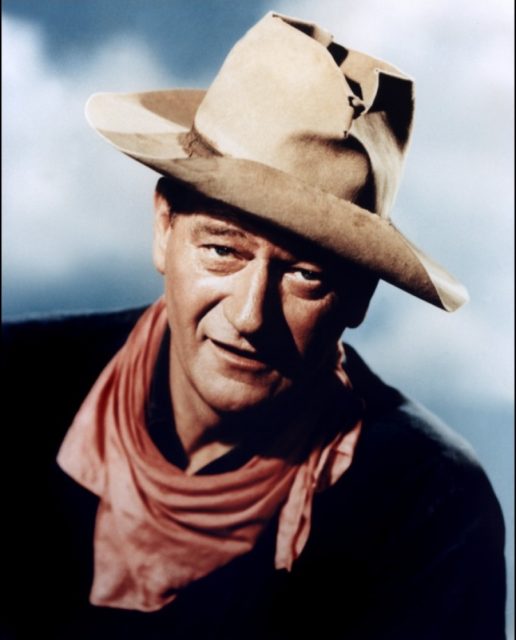
We might never know if these claims are truthful, but one thing is certain: they work to strengthen the public image Wayne created for himself.
